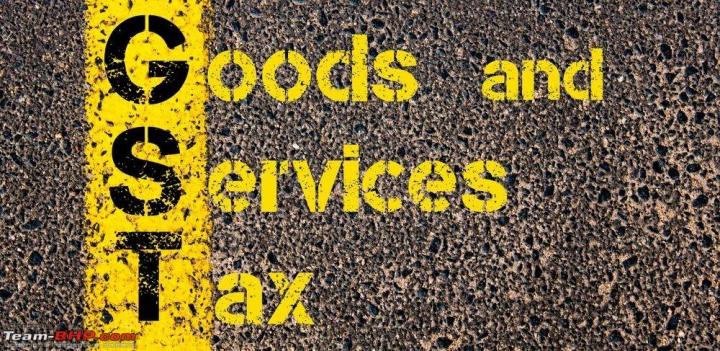News
Pan India e-way bill system from February 2018
The GST Council has decided to implement the e-way bill system in India from February 2018. The system will help in precisely tracking the movement of goods across the country while eliminating border check posts and enabling a faster transport of goods.
Currently, to move goods across the states, it is necessary to obtain several transit passes. But, in case of the e-way bill system, only one bill will be generated per consignment. Currently, an invoice is raised only when the cargo is to be transported. However, with the new system, the transport vehicle's registration number will also be mentioned in the waybill. Further, this e-way bill is valid for a limited number of days. For distances up to 100 km, an e-way bill is valid for 1 day. For 200 km, it is valid for 2 days and so on. If the e-way bill is generated and the cargo is not shipped, it can be cancelled within 24 hrs.
Transporters are worried about extra harassment for minor cases of non-compliance with respect to the system. Further, practical problems like vehicle breakdowns in regions without cellular connectivity might cause the e-way bills to lapse. If the mode of transport is changed, a fresh e-way bill needs to be generated. If the goods are sent back by the receiver, another e-way bill needs to be generated. Under the e-way bill system, any supplier or transporter should generate a unique e-way bill number for movement of goods worth Rs. 50,000 or more within as well as across the states. This can be done by uploading information about the shipment online, on a portal created by the National Informatics Centre. The system will be introduced on a trial basis from mid-January under the compliance procedure of the goods and services tax.
Karnataka was the first state to implement this system from September 2017. According to media reports, over 1 lakh e-way bills are generated daily and only 0.20% shipments are inspected. Less than 10% of the inspected goods are rejected. Apart from Karnataka, Rajasthan and Uttarakhand have also implemented this system, while nine more states and one union territory will begin by the New Year. Remaining states and union territories will start by February 2018.
Source - Livemint
- Tags:
- Indian
- Industry & Policy
- GST












.jpg)





